The police presence in the southern port of Marseille when the torch arrives from Greece on May 8 will be bigger than for a visit to the city by Pope Francis in September last year.
Interior Minister Gerald Darmanin said an elite tactical unit, bomb disposal teams, nautical police and an anti-drone team would be in place when a 19th-century sailing boat, the Belem, enters the port. Organisers expect 150,000 people to be watching.
The extra forces will be in addition to local police and firefighters.
The torch was handed over to French Olympics organisers in Athens on Friday and the Belem will set sail on Saturday. The Paris Olympics start on July 26.
Darmanin said more than 1,000 boats that will complete the journey with the Belem will all be checked.
The minister said there was no “specific threat” to the torch event, but that law enforcement was prepared for scenarios including a “radical Islamism” attack along with far-right and far-left extremists.
France is on a heightened Olympics security alert. A 16-year-old boy was formally charged Friday after he allegedly said on social media he wanted to make an explosive belt and die a martyr at the Paris Games, anti-terrorism prosecutors said.
Investigators said the youth had been looking at “Jihadist propaganda” online.
Authorities had also feared action by police after unions threatened to disrupt the torch relay around the country, accusing the government of blocking promised bonuses.
The government announced Friday that a 50-euro monthly bonus would start for some police from July 1, which would be increased to 100 euros a month in 2025.
Unions said that Paris region police on duty during the Olympics would get a 1,900-euro bonus. This was confirmed in a letter sent to unions on Wednesday.
Unions welcomed the move but the Alliance Police Nationale said it would remain “vigilant” and could still order action over the taxation of the bonuses and overtime hours.

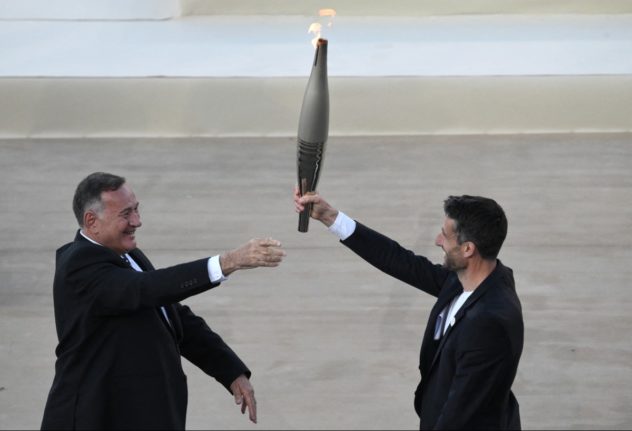
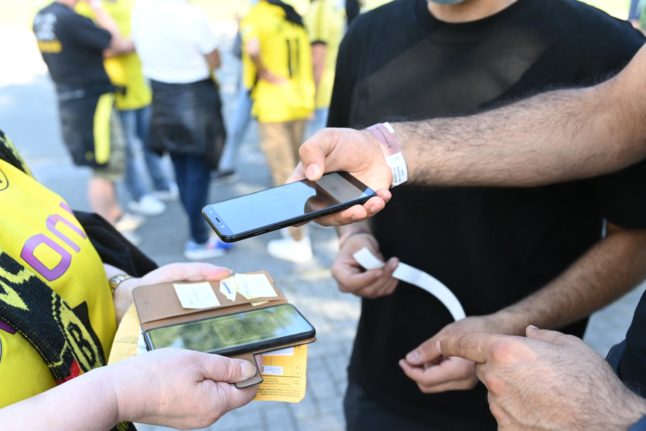
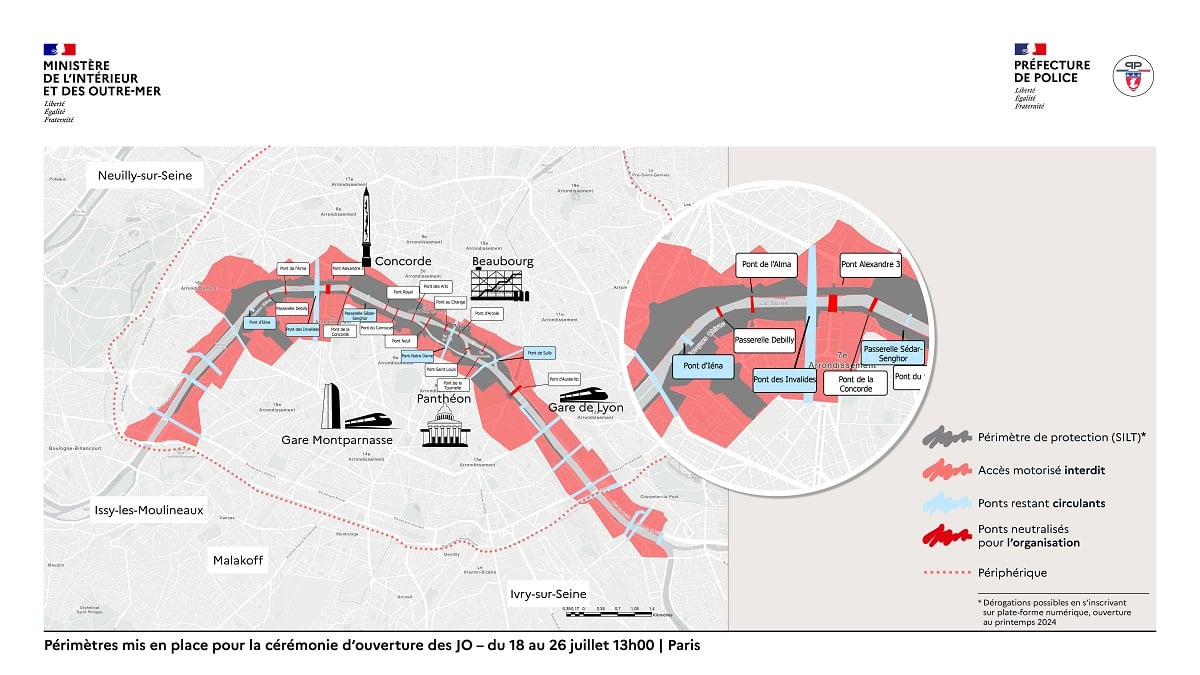
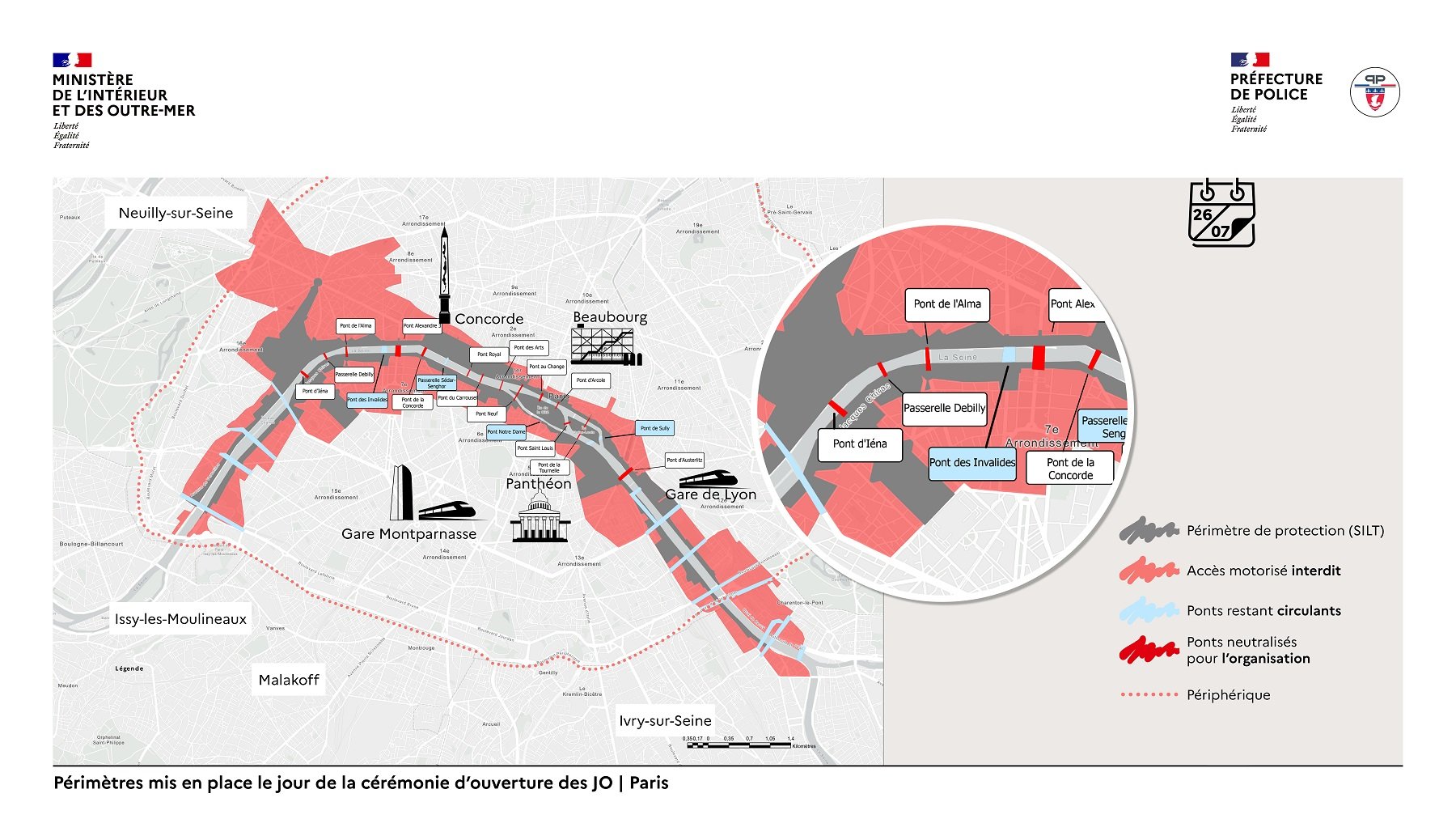
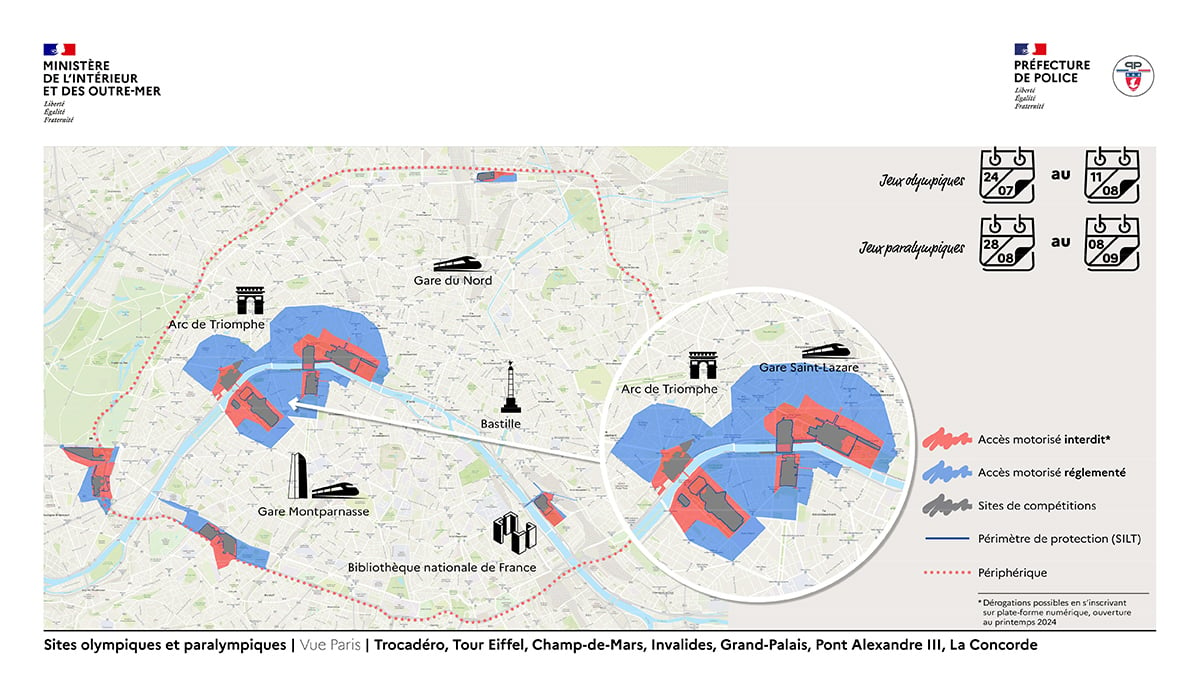
 Please whitelist us to continue reading.
Please whitelist us to continue reading.
Member comments